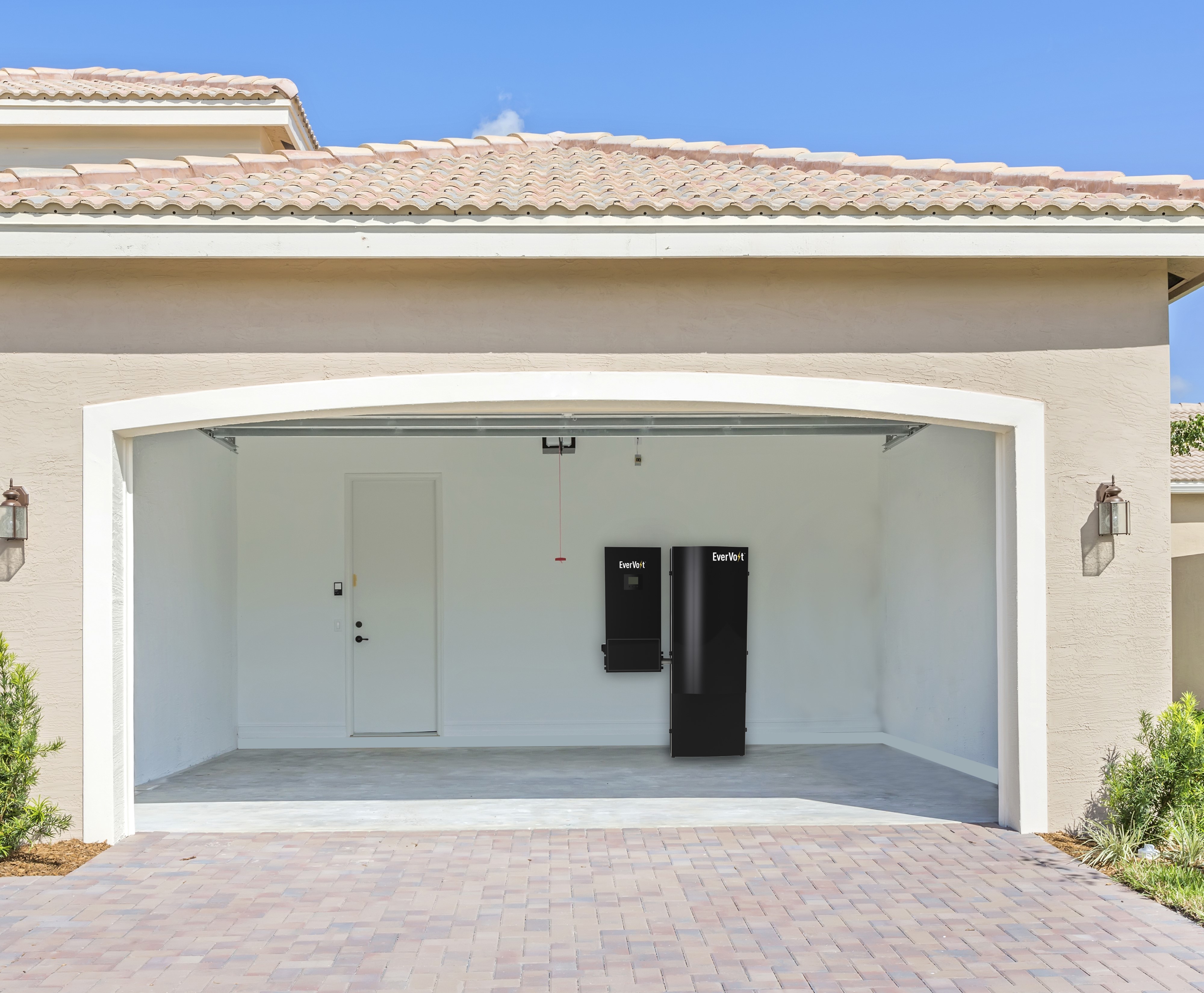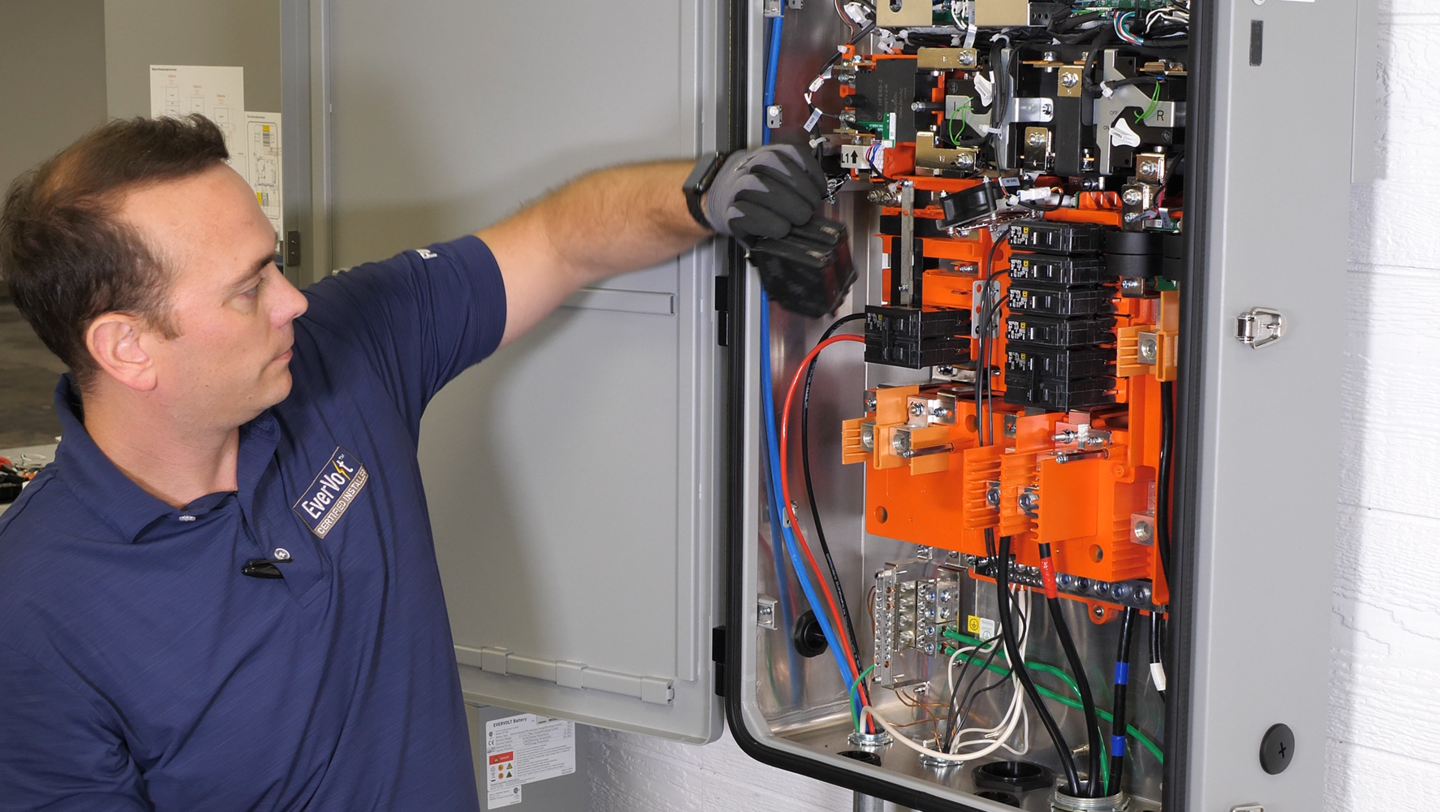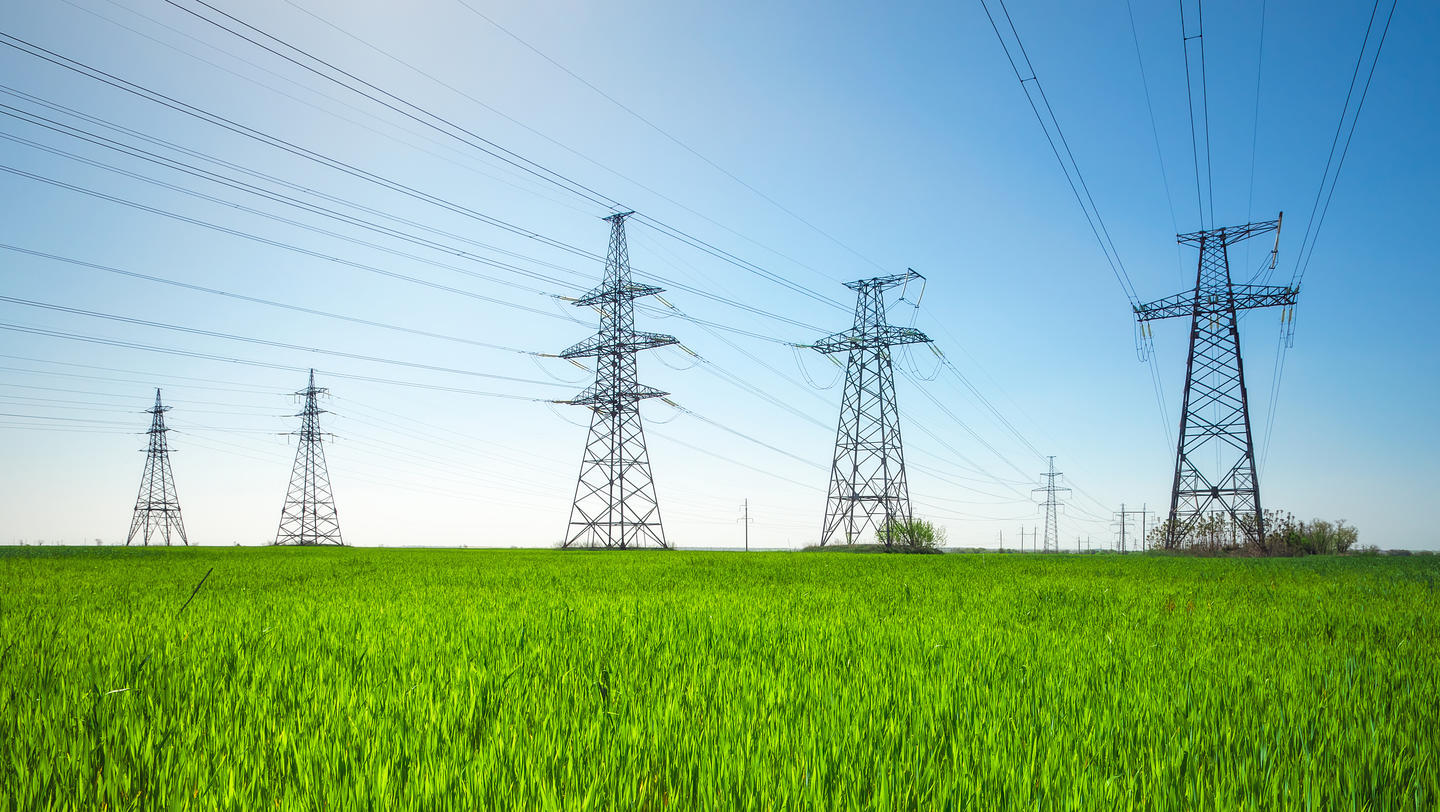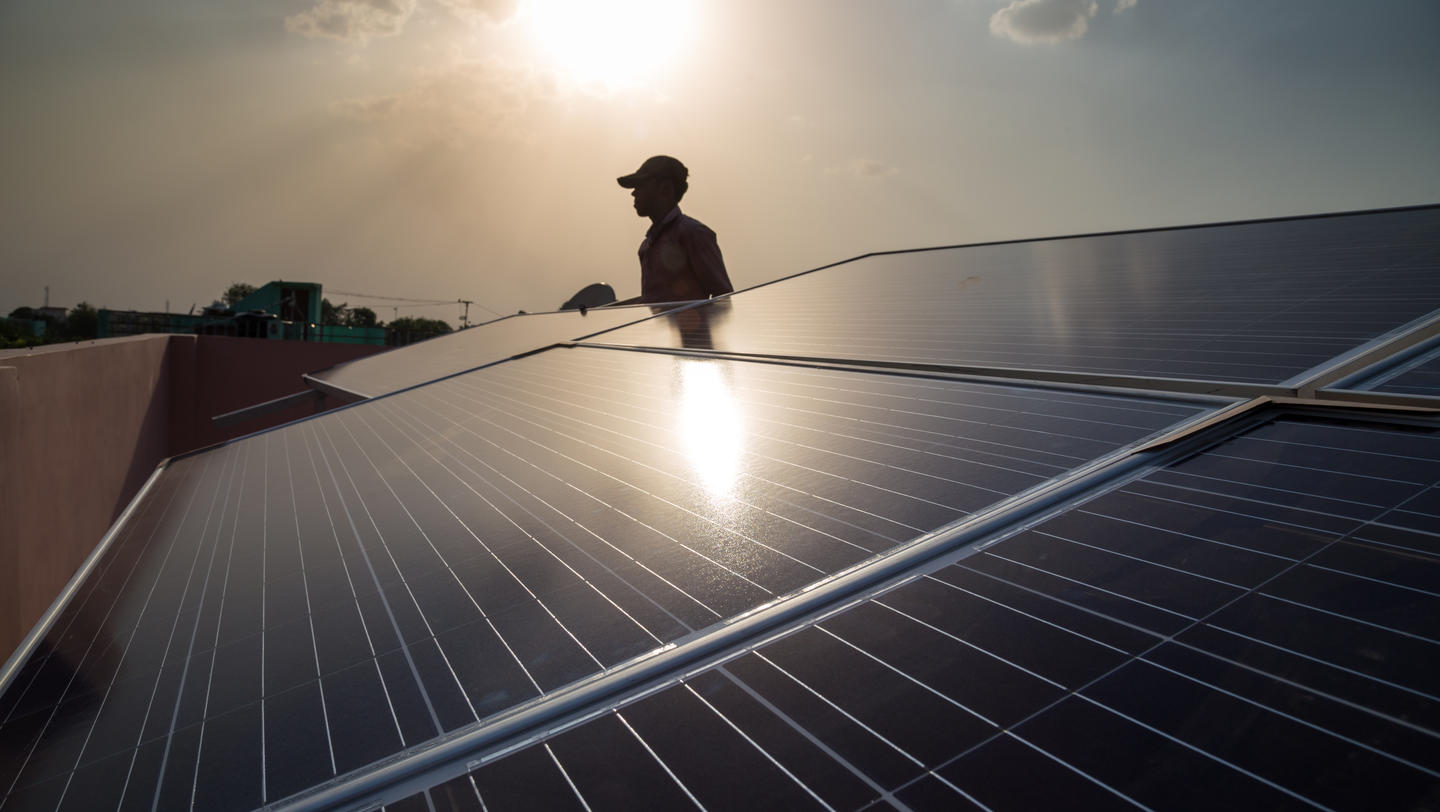For more information on how rooftop solar and battery storage can help you reduce grid dependence, lower energy bills, and improve the efficiency of your home, visit the Panasonic Green Living Blog. To learn more about making your home resilient with battery storage, check out the Panasonic EverVolt™.
What is Net Metering? 10 Common Questions on How it Works
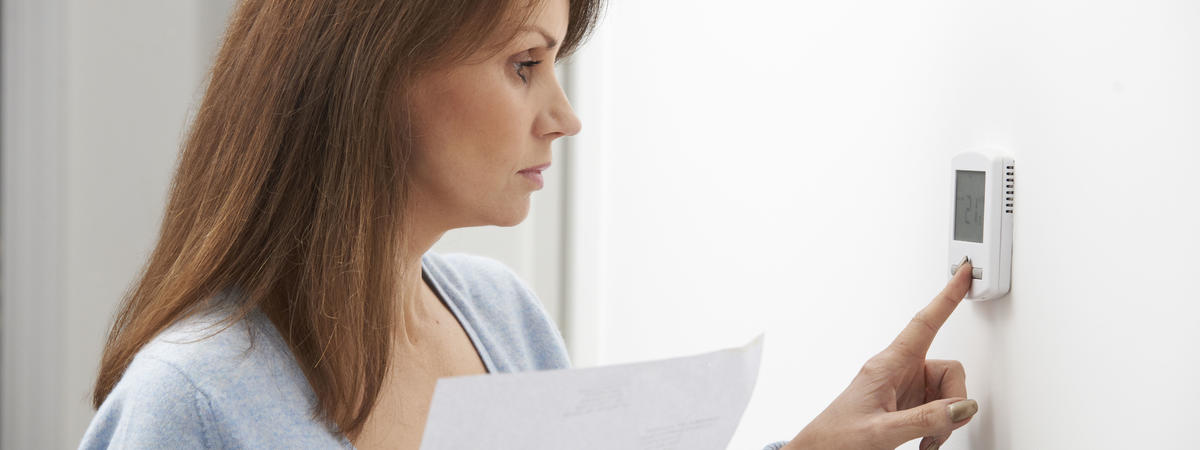
What is Net Metering? 10 Common Questions on How it Works
We've refreshed this article with the latest information about net metering benefits. You can find the latest version here.
It's common for there to be long periods of the day when your rooftop solar panels produce more energy than your home needs. When this happens, you really don't want your clean energy to be wasted. This is where net metering comes in.
Here's a look at what net metering is, how it works, and net metering for solar and battery storage systems.
What is net metering?
Solar panels usually generate most of their power in the middle of the day and during the afternoon, which is often when homeowners use the least amount of electricity. Instead, homes use the most energy during the morning and evenings, which is when solar production is lower.
Net energy metering allows you to feed any surplus energy from your panels into your local electric grid so that it doesn't go to waste. In return, you receive credits on your energy bill which you can use to offset future bills, such as when your panels aren't producing enough power to meet your needs.
How does net metering work?
When your solar panels produce more electricity than you can use, your electricity meter runs in reverse so that this excess energy is sent back to your local grid. When this happens, you receive a credit on your energy bill for every kilowatt-hour of electricity that you give back.
Conversely, when your solar panels don't produce enough electricity for your home, you will need to use electricity from the grid to meet the deficit. This is when you can use any credits that you have accrued to decrease your electricity bills.
What states offer net metering?
Some 40 states currently have net metering policies, including California, Washington, and New York. But the specific details and requirements do vary from state-to-state. Take a look at the Database of State Incentives for Renewables and Efficiency to see what incentives your state offers.
How much can it save you?
Your utility will pay you for every kilowatt-hour of solar energy you send back to the grid. This credit is usually equal to the full retail price of electricity but it does vary by state. You can potentially save tens of thousands of dollars on your electricity bills over the lifetime of your solar system. Take a look at this calculator to receive a more accurate estimate for your home.
Will I receive cash payments?
No. Instead you receive credits on your utility bill for any electricity that you feed back into the grid. Most homes produce more electricity from their rooftop solar panels in the summer. In winter, you may then need to use more electricity from the grid. In this way, you can grow your credits in the Summer and then use them to keep your electricity bills lower through the Winter.
How is it different from battery storage?
Unlike net metering, a battery storage system can be independent of the grid. This means that if you install a battery with your solar panels, any surplus electricity your panels produce will be captured and stored in your battery rather than going to your local grid.
Should I use batteries or net metering?
Batteries and net metering are both valuable ways to ensure that none of your solar electricity gets wasted when you're not around to use it. Net metering can be a lucrative incentive that allows you to shore-up credits from your surplus solar power to decrease your payments on future bills. However, not all states offer net metering and some are re-evaluating their measures.
Since batteries are independent of the grid, they offer homeowners a valuable alternative. They can provide round-the-clock backup power during outages and can even lower your energy bills. For example, if your utility charges time-of-use rates you can use stored battery power when rates are high and grid electricity when rates come down again.
Can batteries be used with net metering?
In most states, if you send stored solar energy from your batteries back to the grid, you won't be eligible for net metering credits. However, several states are reviewing their policies on this.
How does net metering support a net-zero home?
A net-zero home produces as much electricity as it uses. In this way, net metering supports homeowners in transitioning towards net-zero because it enables you to balance the energy output from your solar panels with your energy usage in the home. You can achieve a similar effect with batteries.
What are the eligibility criteria for net metering?
To be eligible for net metering you must be generating at least some of your own energy from a renewable source, often rooftop solar panels. Other criteria and requirements vary by state and utility.
![]()

